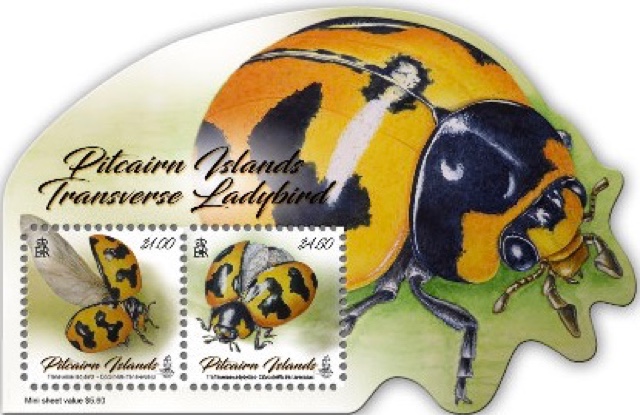A NEW report has warned of a 'widespread crash' in pollinating insect numbers, with an average decline of 25% across all bees and hoverflies since 1980. The Centre for Ecology and Hydrology used data collected by volunteers across a 33-year period to monitor the populations of over 350 species of pollinators – and concluded that the 'intensification' of farming and pesticides was a major driver behind the declines it found. In particular, it highlighted several species declines coinciding with the introduction of neonicotinoids in 2007.
Soil Association head of policy, Gareth Morgan, said: “The crash in pollinators since the 1980s is yet more grim news for British wildlife and is a stark warning that the government urgently needs to support farmers to reduce reliance on pesticides. With several of the pollinator declines coinciding with the introduction of neonicotinoids in 2007, the report shows the ban on neonics was right and should be upheld, and echoes last month’s research revealing a steep decline in global insect populations linked to intensive farming and pesticide use.
"The UK urgently needs to transition to a more diverse farming landscape that can support pollinators with more flower-rich meadows and nesting areas, and less reliance on chemicals. It’s never been clearer that government needs to support farmers to transition to more agroecological farming, with 50% more wildlife on organic farms – a recent study showing agroecology can feed Europe’s population healthily while phasing out pesticides.”
Source: The Scottish Farmer, 2 April 2019
https://www.thescottishfarmer.co.uk/news/17545181.pollinator-study-damn…

- Login om te reageren
